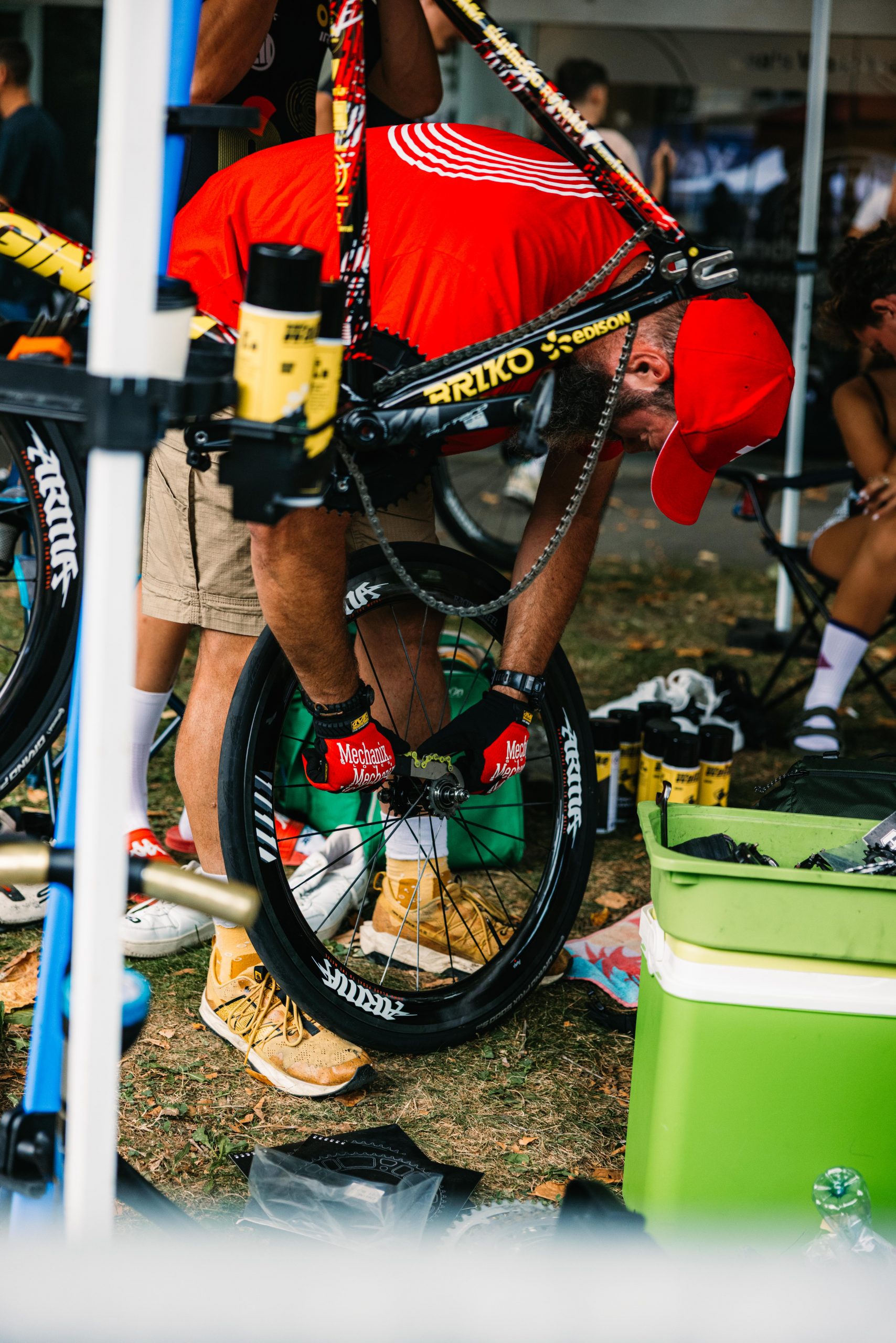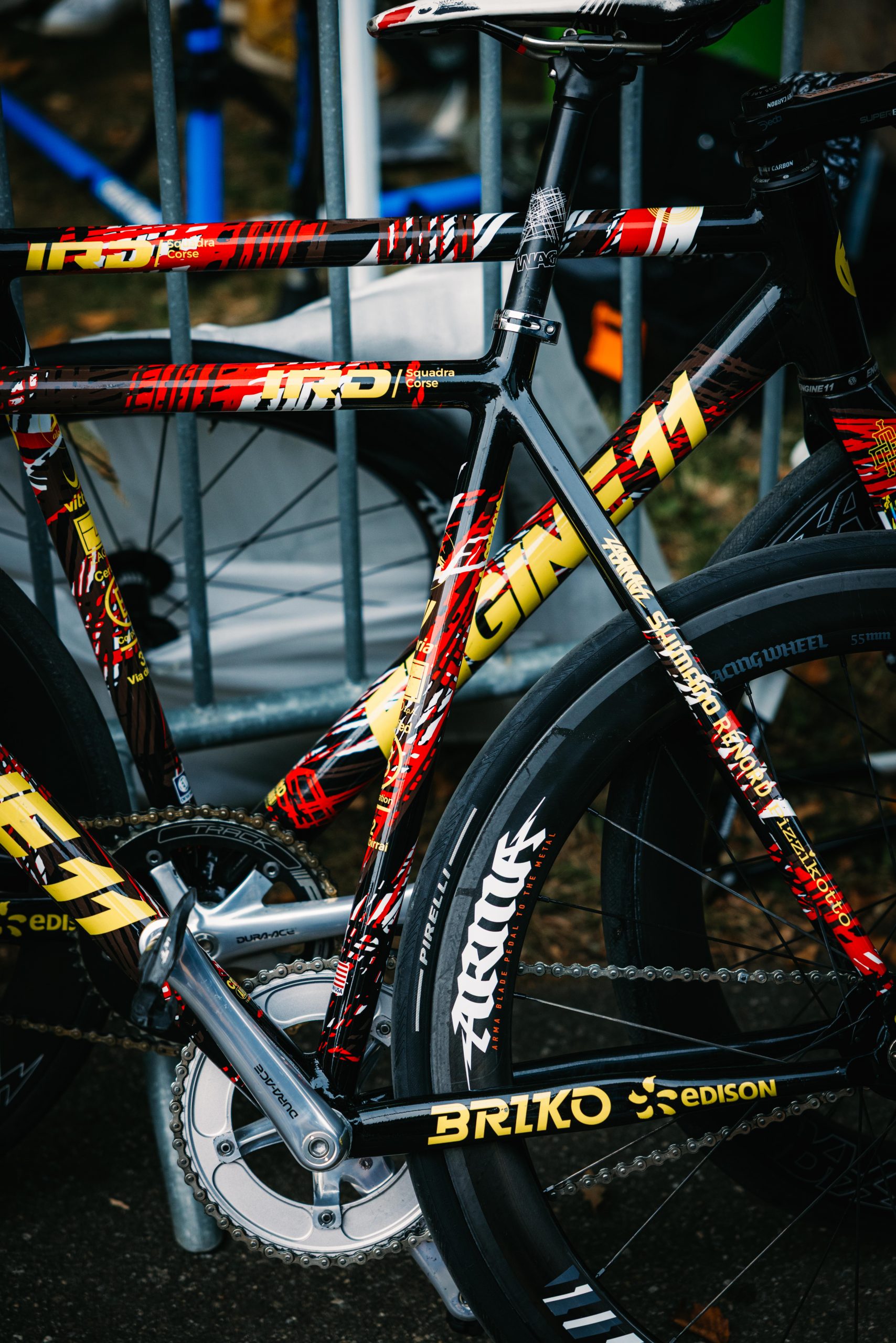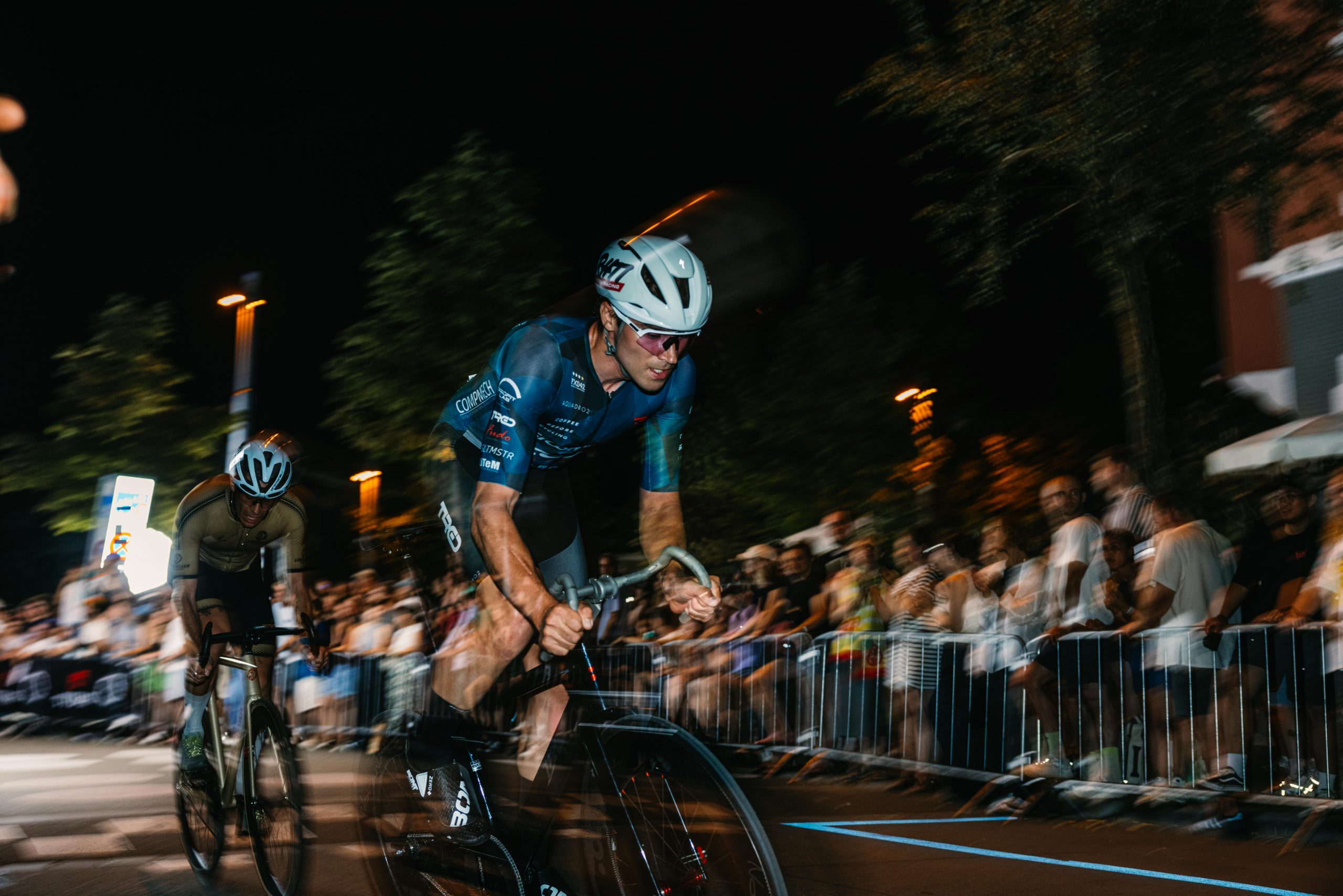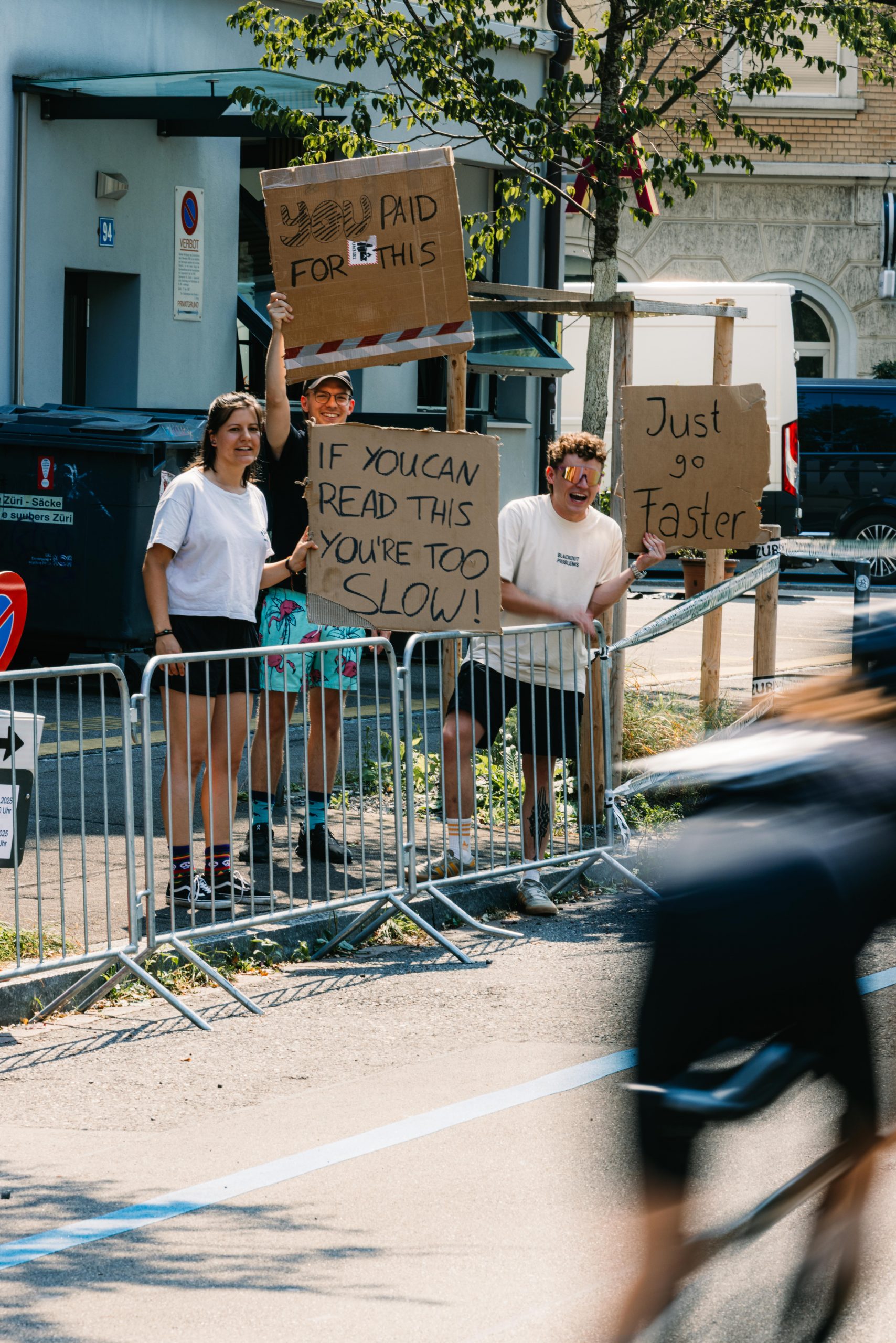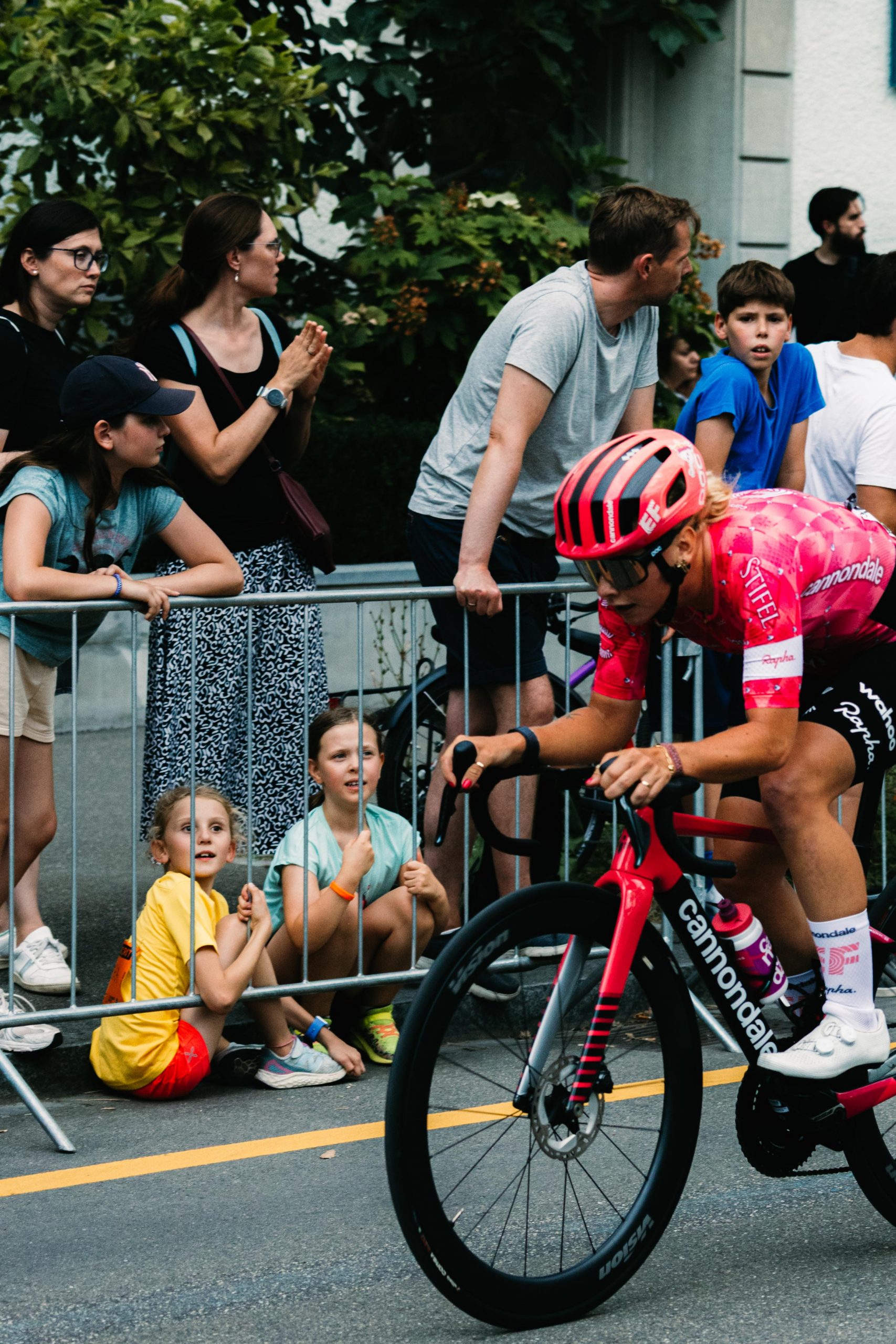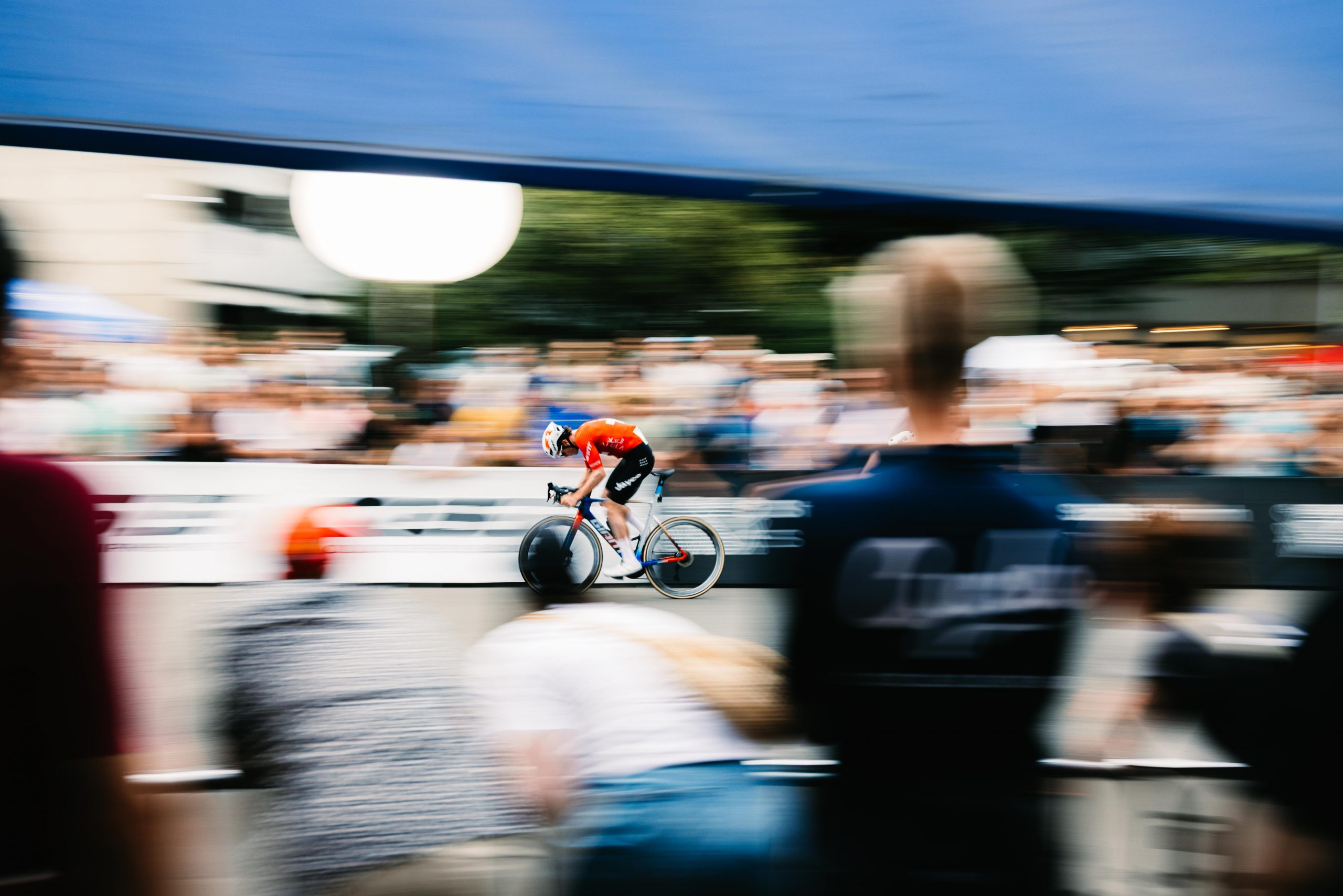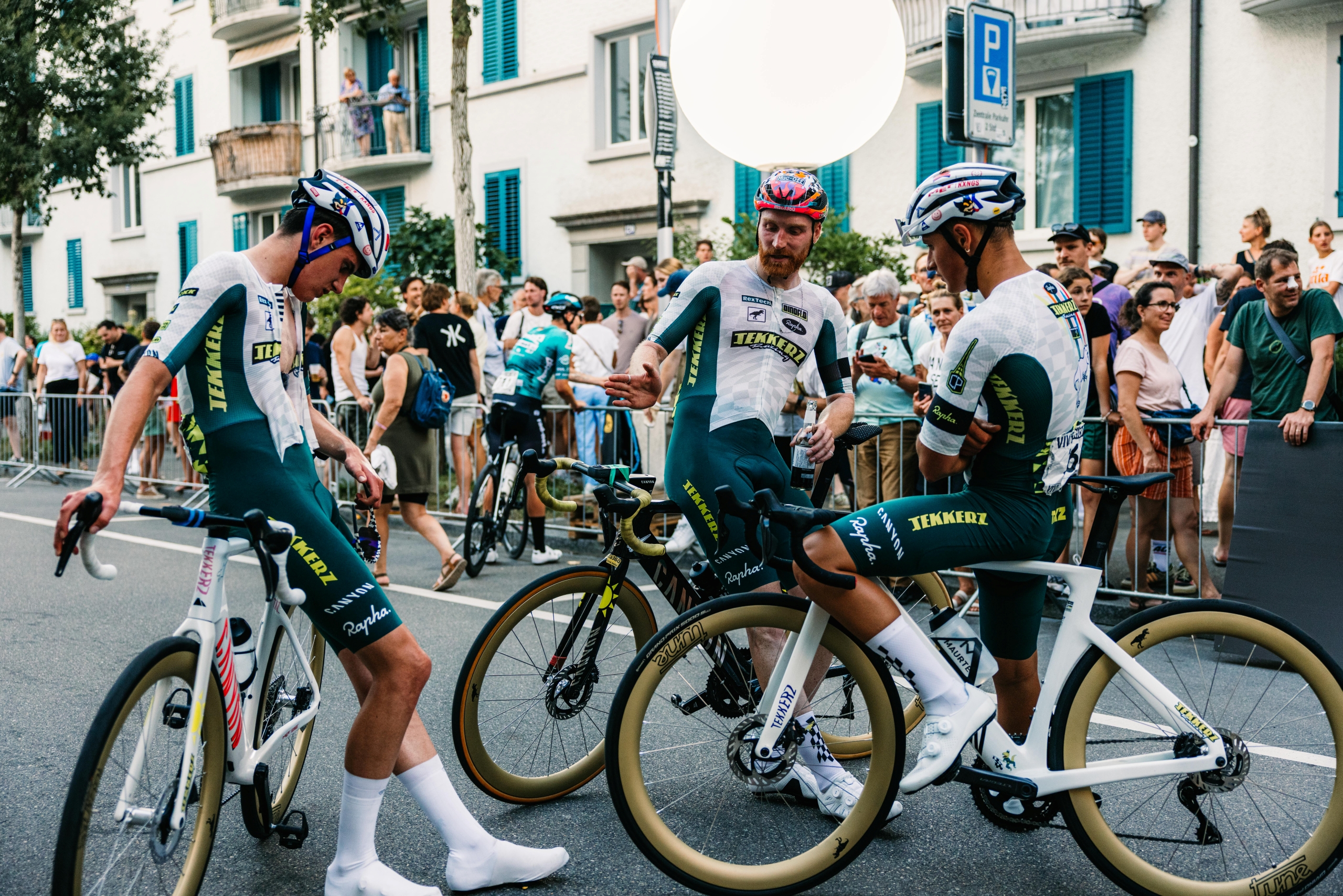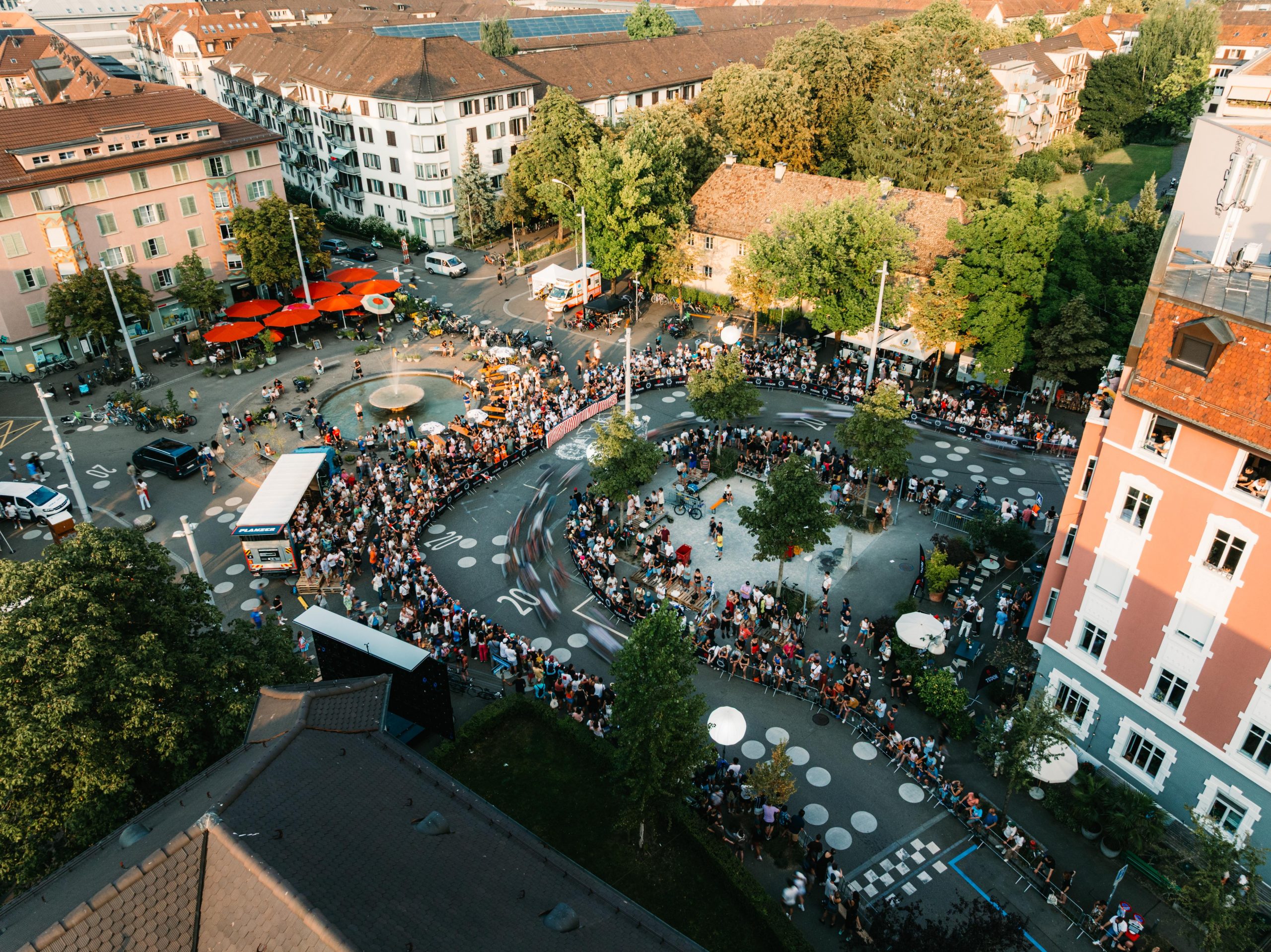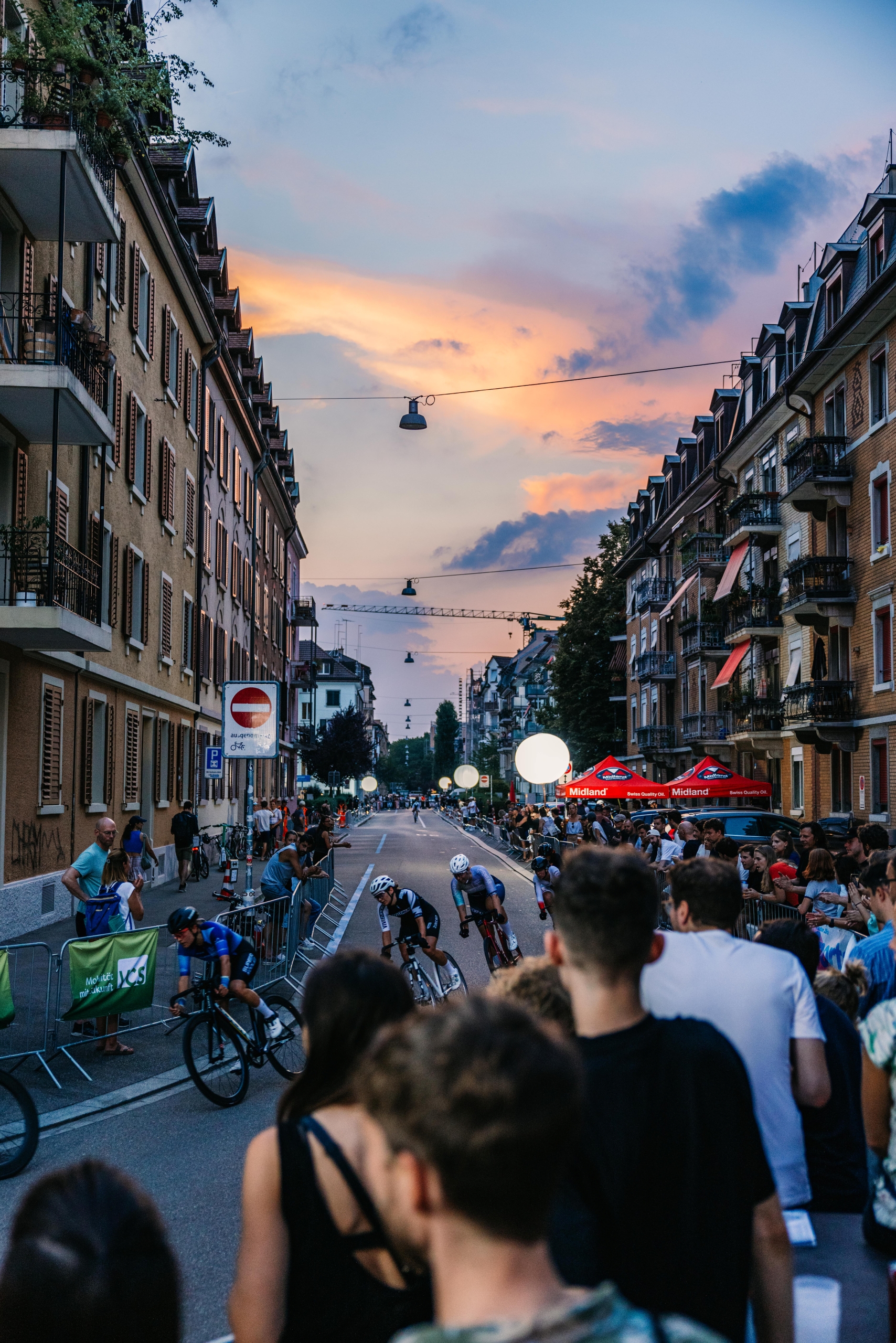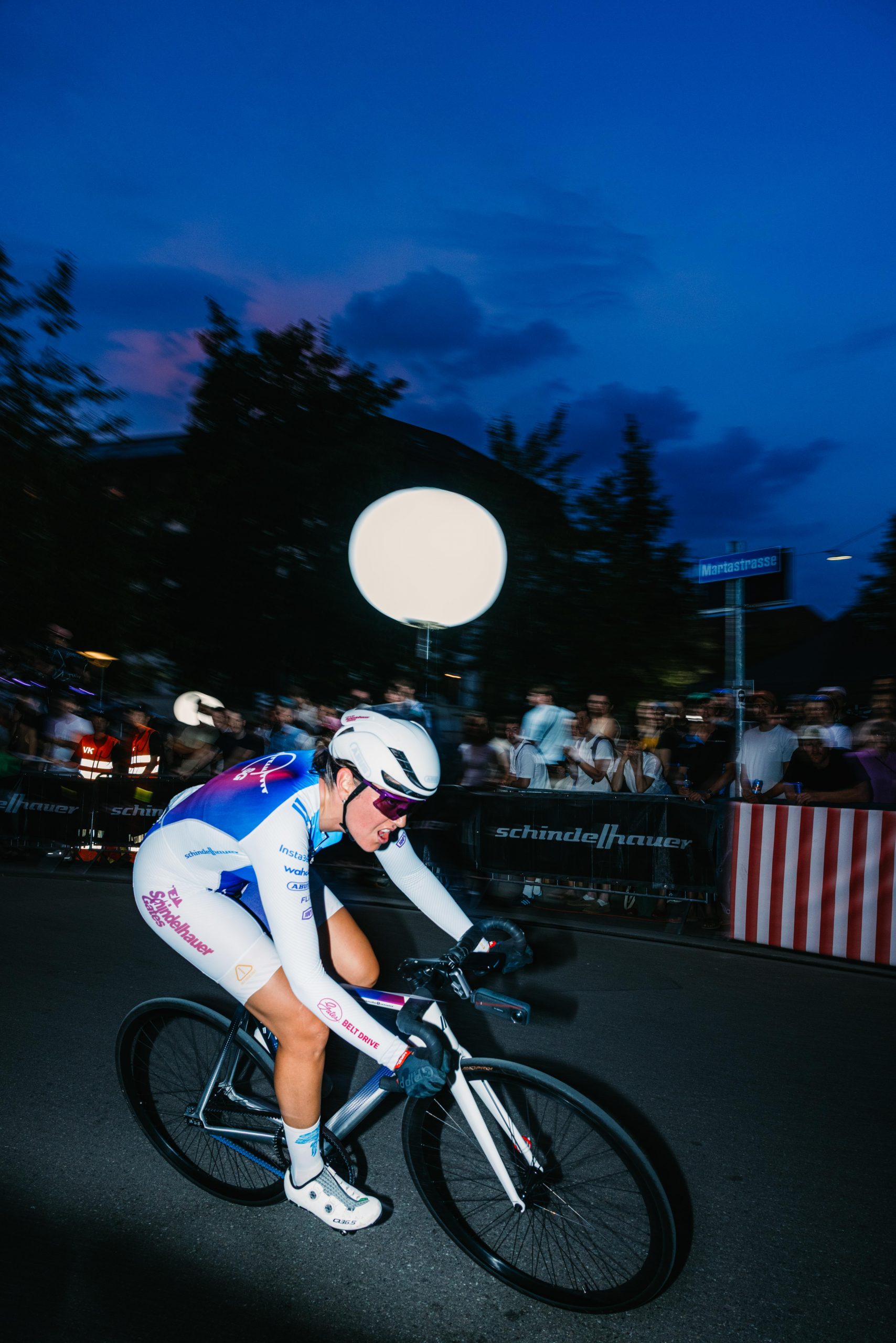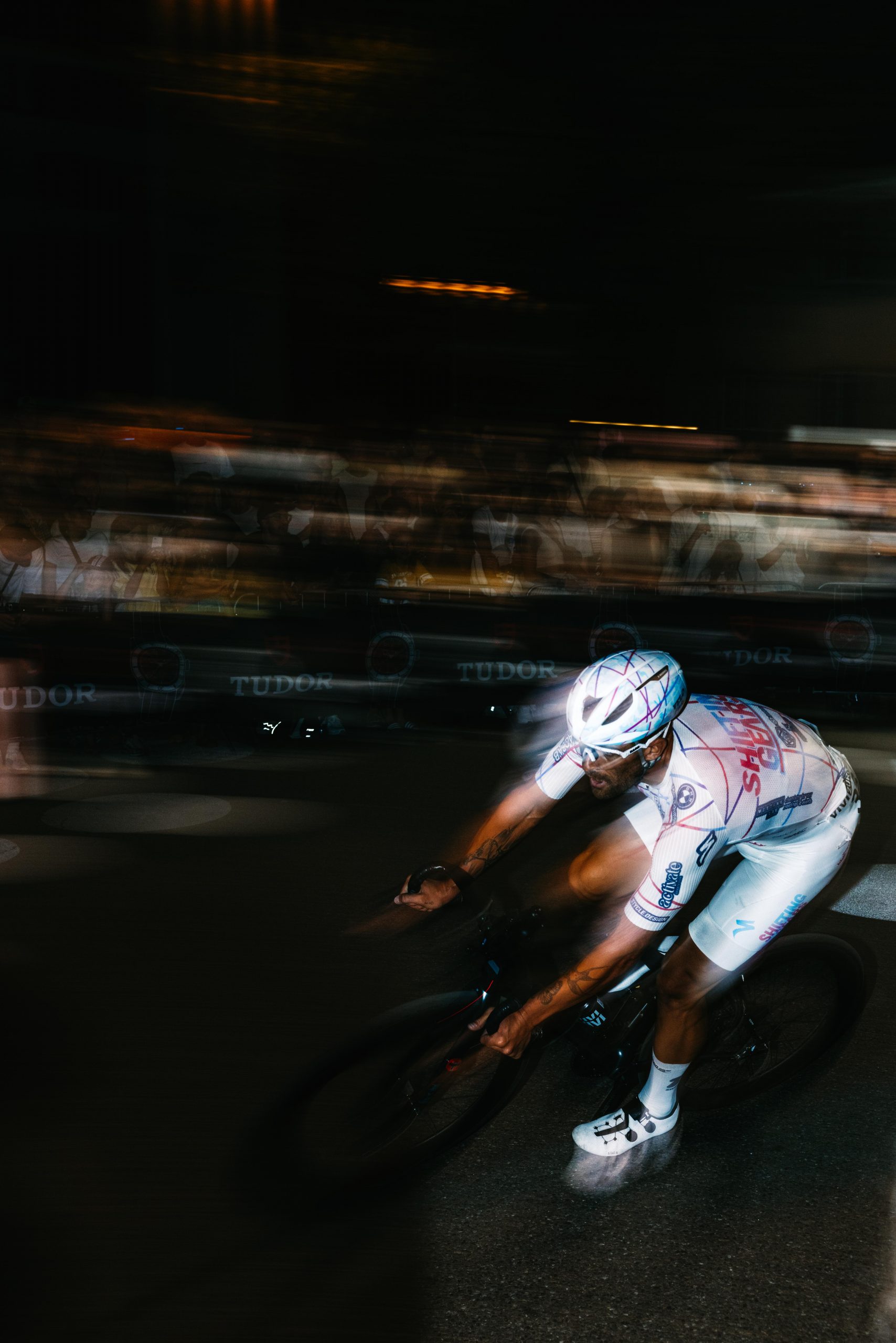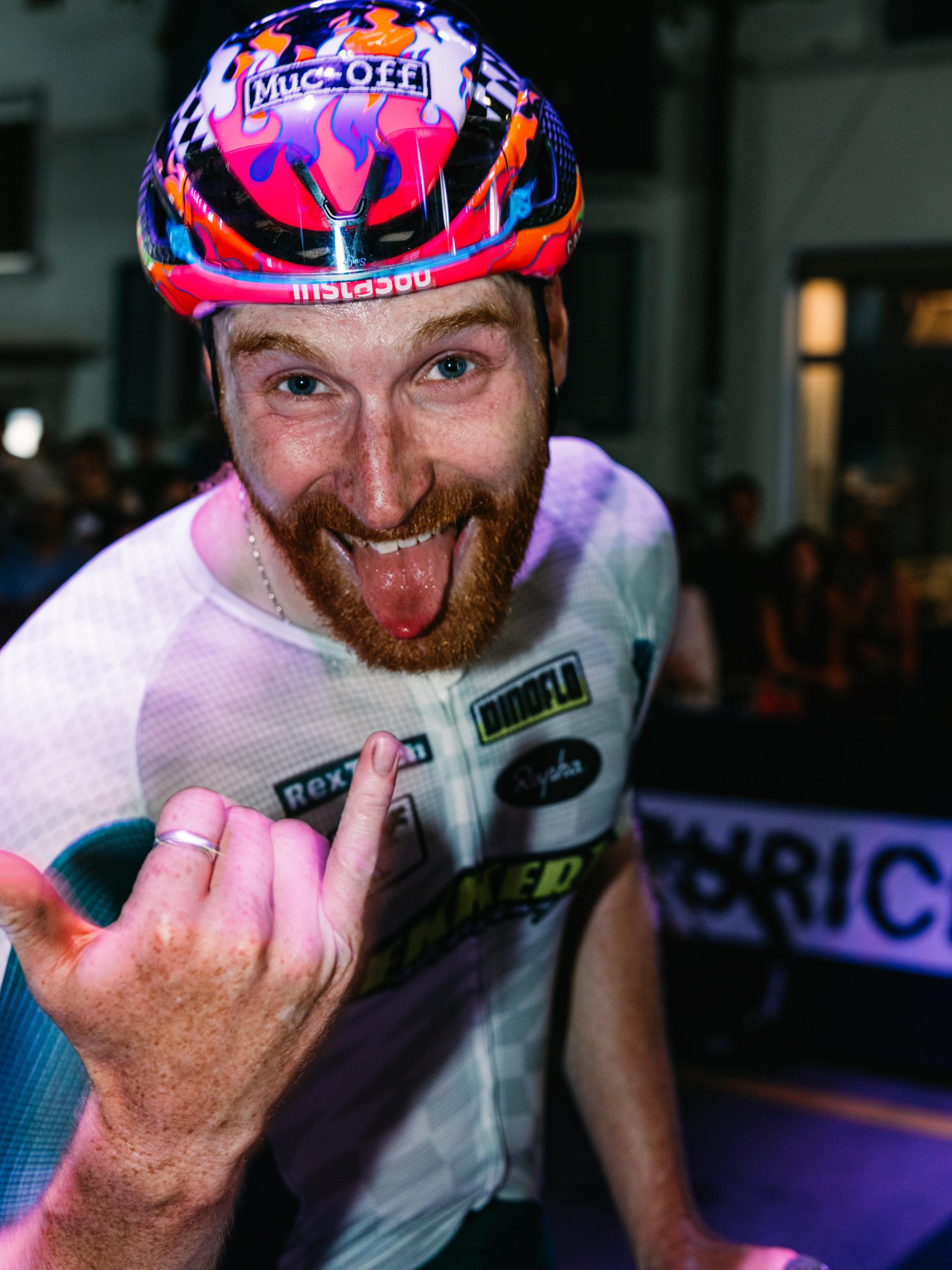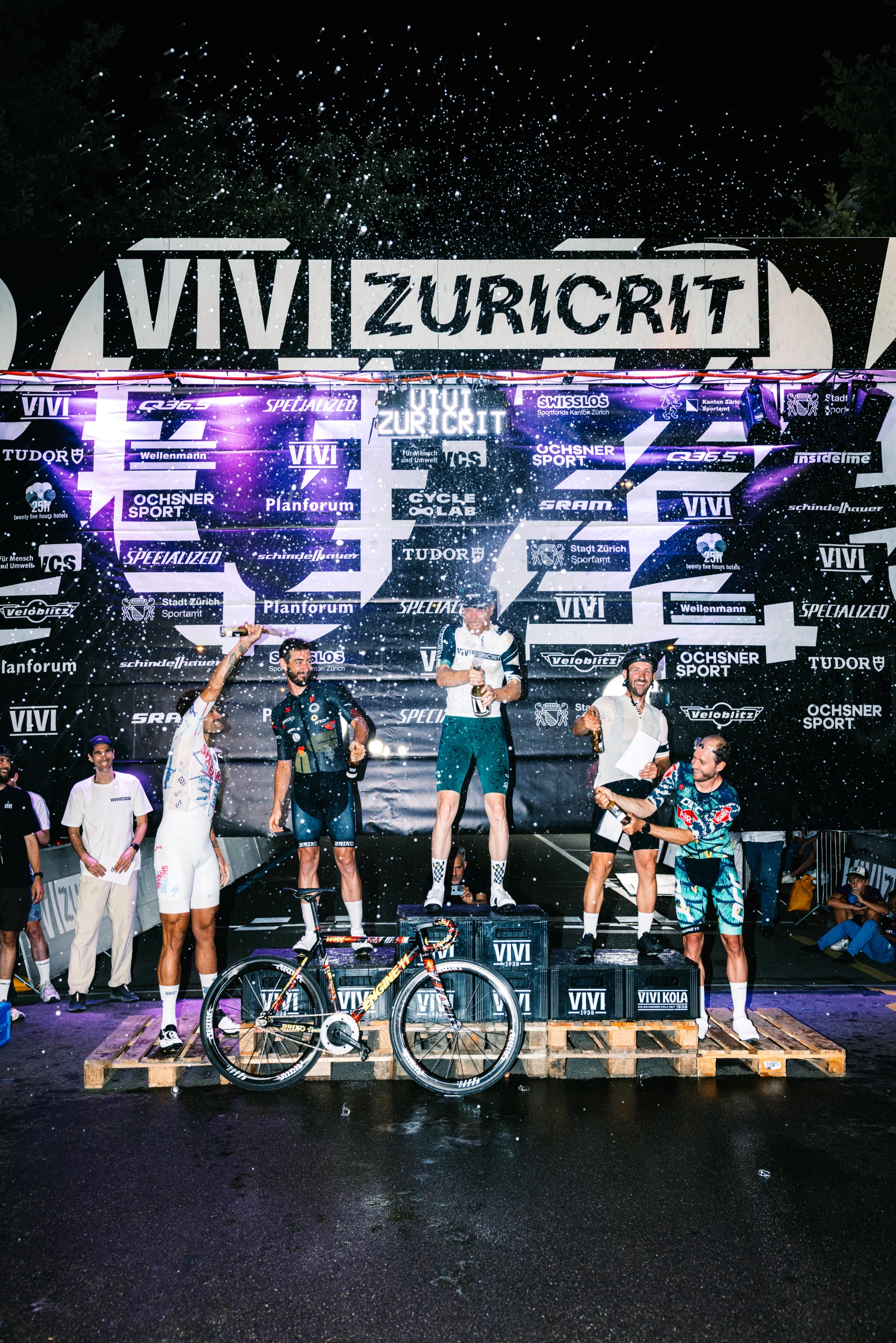When the Red Hook Crit series came to an end in 2018, an entire subculture seemed to vanish with it. For over a decade, Brooklyn’s dockyard and later Milan, Barcelona, and London had been the epicenters of a global movement. In those nights, bike messengers lined up against amateur cyclists and pros, designers and photographers found their canvas, and everyone together formed an ecosystem around brakeless bikes on tight urban circuits.
After a decade of exponential growth, there was a sudden announcement about the indefinite pause of the series. Some hoped it would only be a blank year, but the fading of the most well-known race of the discipline left a void, as if an entire movement had come to a close with it.
Zurich’s answer
That same year, 2018, another city took up the torch. In Zurich, a group of passionate riders put together what seemed at first like a local experiment: a late-summer fixed-gear criterium through the city streets, under the name Zuricrit. The first edition was raw, grassroots, and deeply connected to the spirit of Red Hook.
They didn’t try to replace it — at that moment, there was no announcement of the Red Hook Crit cancellation yet — they simply intended to prove that fixed-gear racing was not dead.
The inaugural edition set the tone for what Zuricrit would become: a race with international pull, even as it kept its local, DIY flavor. Eamon Lucas won the men’s fixed gear crit and has barely missed any edition since then. Margaux Vigié added the 2018 women’s crit to her fixed-gear palmares before stepping into the road cycling scene, now riding for Team Visma | Lease a bike.
Growing year after year
What makes Zuricrit remarkable is not that it started but that it never stopped. Many races tried to follow Red Hook’s path in the late 2010s, but most gave up after a year or two. Zurich’s crit kept returning, every August, growing little by little. Each year, the barriers were higher, the crowds larger, the field stronger.
Until 2022, Zuricrit was fixed-gear only, but the introduction of the road crit persuaded pro cyclists to join the party. That also congested the schedule of the event, pushing the fixed-gear finals until the late evening and turning them into a night race.
By 2024, the year when the road points race was added to the agenda, it was attracting names well beyond the traditional fixed-gear scene — professional road and track riders curious to test themselves in an environment where one mistake can end your race. John Degenkolb, Stefan Bissegger, and Mauro Schmid are some of the most relevant pros who have raced in Zurich over the last few years, even daring to take part in both disciplines to challenge the true fixed-gear specialists.
The 2025 edition
This year’s event, held on August 16th, delivered everything fixed-gear fans crave. The field mixed pro road cyclists with international criterium specialists and grassroots fixie die-hards.
The racing delivered exactly what the crowd came for: speed, chaos, and suspense. Every lap was a fight for position, the corners forcing riders to gamble with their lines, the straights demanding full-gas acceleration again and again.
After an entire day of racing, from the qualifying in the morning to the kids’ rides and later the finals, the podium ceremony was packed with legends of the fixed-gear discipline and up-and-coming talented riders. Some did not have the chance to experience what those Red Hook Crit years were like, but were nonetheless immersed in the comparable vibes along the vibrant streets of Zurich.
Meret Zimmermann won the women’s final, with Selina Burch coming in second and Paola Panzeri finishing third. The Italian rider, who has finished in the top five in seven out of the eight editions of Zuricrit, is one of the few riders who has kept focusing on fixed-gear racing despite the lack of races in the calendar.
The men’s final was also extremely exciting. Alec Briggs, one of the members of the Team Specialized – Rocket Espresso that used to dominate the fixed-gear scene, got the win in his first Zuricrit participation. As a jack of all trades, Alec keeps racing these criteriums whenever he has the chance, with multiple wins in recent years in Rad Race’s Last Man Standing. The podium was comprised of some of the riders with the best palmarès in the discipline, as Oliver Leroy finished second and Tim Ceresa third.
A living legacy
In a way, Zuricrit is not trying to fill Red Hook Crit’s shoes, because those shoes can’t be filled. What it has done, instead, is prove that the culture David Trimble and his team built still has a heartbeat. Zurich’s race has become its own tradition, one that doesn’t rely on nostalgia but continues to grow into something contemporary and relevant. It is, at once, a homage and an evolution.
When thousands of people lined Zurich’s streets this year, when cameras followed brakeless bikes diving into corners under floodlights, it became impossible to say that fixed-gear racing is a relic of the past. Zuricrit has shown that the discipline still has a stage, and perhaps more importantly, that it still has a future.



